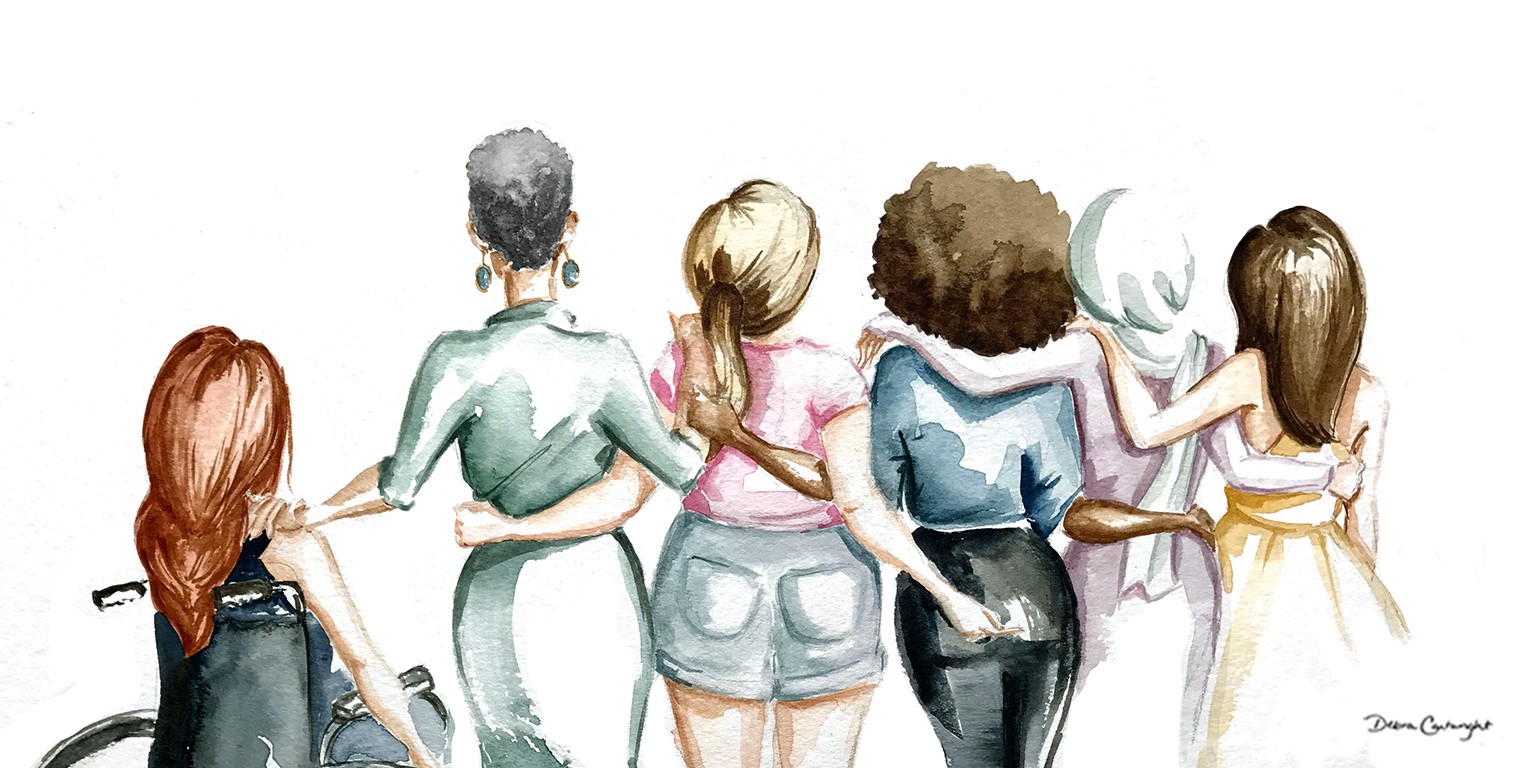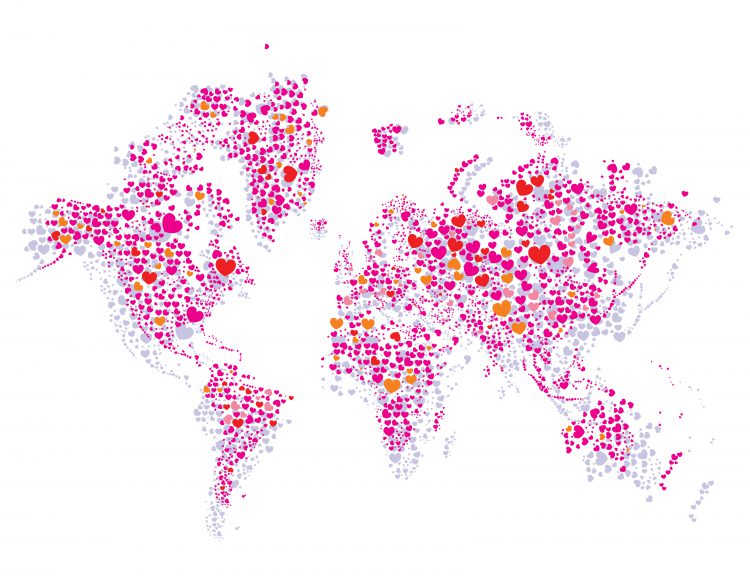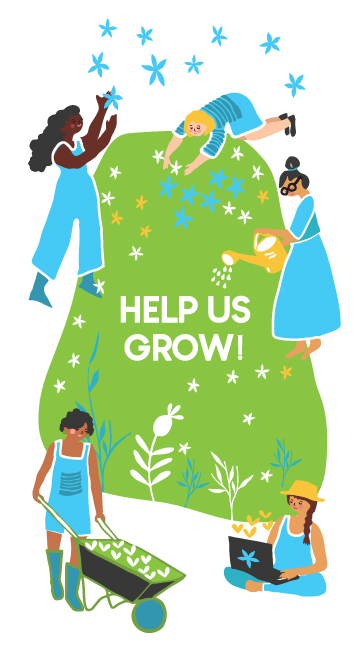Dear 2019 St Valentine, or On non-cis-terhood & romance.
All around us, there are subtle and not-so-subtle signs that a hierarchy of love exists. There are certain kinds of love that are (and for some apparent reason never clearly communicated) regarded as more important than others. In today’s society, at the top of this hierarchical ladder of love, we find the heterosexual, committed romantic relationship between a man and a woman, preferably manifested through marriage.
By no doubt, committing to another person, letting them near and being vulnerable about one’s true feelings, is possibly one of life’s most challenging and beautiful endeavours.
But why is it that certain forms of love that we give and receive, do not rank as high on the imagined hierarchical ladder of love? For instance, the bonds we find in family members and friends, tend to be mentioned next to romantic love.
In feminist movements, we talk dearly of the sisterhood that keeps us supported and going. It is this sisterhood, which I would like to enquire further. The sisterhood that has showed up most remarkably during the past few years in my life, has bordered on work and friendship. I have never been able to imagine my life without some kind of a clear quest for equality. It therefore might not be a shock that the bonds and relationships I experienced in the ‘sisterhood’, evoked strong emotions and made me grow in manners no previous romantic partner had.
As a young girl, I struggled with the term ‘sisterhood’. ‘Sisterhood’ had been sold to me at many points in my life; through after school-activities in the form of all-girls-clubs, university study groups and through popular media. Although I had always felt relieved to have been welcomed in a safe(r) space than most other places, I felt as if these groups were de-prioritised and put in place as additional aids when we couldn’t make common spaces inclusive and judgment-free. I often found that my gender identity was the only common thing with other members in these groups. In essence, it was even hard for me to show up and be appreciated as myself.
As a young woman, this definition of sisterhood changed once I entered other ‘sisterhood spaces’, especially in regards to relationships with my colleagues and professional collaborations. These spaces were in many instances referred to as ‘sisterhoods’ but same gender, was not the reason to be grouped together. Rather it was the fact that we were all fighting for inclusive spaces, acceptance and louder voices. It wasn’t just a cis-terhood, but it was love between colleagues. And despite this acceptance and strong connections, this kind of love would probably score low on that social hierarchal ladder of love.
When I think back on some of the most transformative moments of my life, I immediately include my colleagues at work who have challenged my way of thinking and creating work that has made me feel proud of myself, teaching me how to contribute better to a feminist movement, feeling fully and completely accepted.
This Valentine’s day, I’ll tell my closest colleagues about how much they matter to me and how they contribute each and every day to my journey of becoming a better person in this world. That to me is sisterhood. One that defies the social norms of biology and culture, moving beyond to a different form of love, where one is embraced for what one is as a human.
Love:
A sister who found many sisters beyond “socially constructed” borders of love
This blog post is a part of the #SisterhoodBeyondBorders Campaign for Valentine’s Day 2019 initiated by the World YWCA. The author is a part of the YWCA movement. She has shared her growth through sisterhood in the movement but wanted to remain anonymous for this current post.







